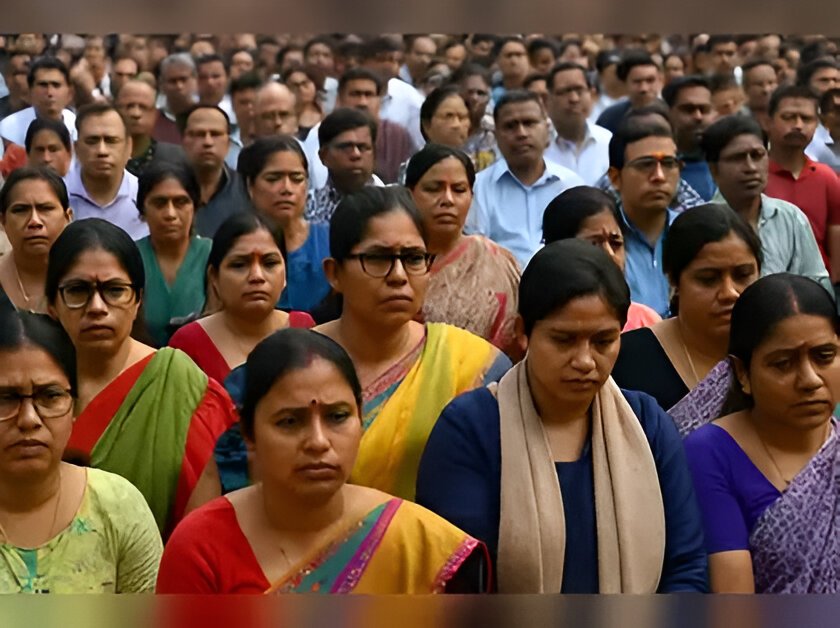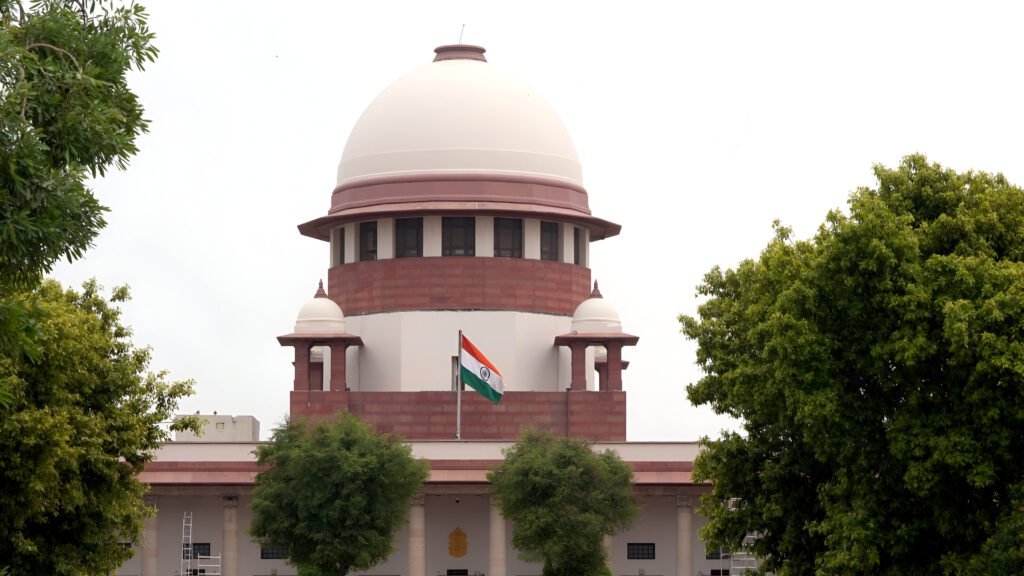
In a landmark decision, the Supreme Court of India has overturned the Calcutta High Court’s directive for a Central Bureau of Investigation (CBI) probe into the West Bengal government’s creation of supernumerary teaching posts. This ruling has ignited discussions on the delicate balance between judicial oversight and executive authority, especially within the context of India’s federal structure.
Background: Unraveling the 2016 Recruitment Controversy
The origins of this case trace back to 2016 when the West Bengal School Service Commission (WBSSC) conducted a recruitment drive for teachers and non-teaching staff in state-run and aided schools. Allegations soon surfaced of widespread irregularities, including the manipulation of Optical Mark Recognition (OMR) sheets and the appointment of candidates not listed on the official panel. These claims led to legal challenges and demands for comprehensive investigations into the recruitment process.
State’s Response: Creation of Supernumerary Posts
In an attempt to address the grievances arising from the tainted recruitment process, the West Bengal Cabinet, in 2022, decided to create supernumerary posts. These temporary positions were intended to accommodate waitlisted candidates who had been unjustly deprived of appointments due to the alleged irregularities. The state government maintained that this move aimed to rectify past mistakes and ensure that deserving candidates received their due opportunities.
Calcutta High Court’s Directive for CBI Investigation
The Calcutta High Court, expressing skepticism over the Cabinet’s decision, ordered a CBI investigation into the creation of these supernumerary posts. The court questioned the legitimacy of the Cabinet’s action, suggesting that it might have been an attempt to legitimize previously illegal appointments. The High Court’s directive included provisions for the custodial interrogation of involved officials if deemed necessary.
Supreme Court’s Intervention: Upholding Federal Principles
Challenging the High Court’s order, the West Bengal government approached the Supreme Court, arguing that the Cabinet’s decision was a policy matter protected under Article 163(3) of the Constitution, which grants immunity to the advice rendered by Ministers to the Governor from judicial scrutiny. The Supreme Court, in its judgment, concurred with this perspective, stating that subjecting a state Cabinet’s decision to a central agency’s investigation could undermine the principles of federalism. The bench, comprising Chief Justice Sanjiv Khanna and Justice Sanjay Kumar, emphasized that such judicial overreach into executive decisions could set a concerning precedent.

Continued Scrutiny of the Recruitment Process
While the Supreme Court set aside the CBI probe into the creation of supernumerary posts, it upheld the investigation into other facets of the 2016 recruitment process. The Court acknowledged the gravity of the alleged irregularities, noting that the selection process appeared “vitiated by manipulation and fraud.” Consequently, the appointments of over 25,000 teachers and non-teaching staff were annulled, with the Court directing the state to initiate a fresh and transparent recruitment process within three months.
Implications for Affected Teachers and the Education System
The annulment of these appointments has profound implications for the individuals involved and the broader educational framework in West Bengal. Many of the affected teachers, who had been serving in their roles for several years, now face an uncertain future. The directive for a new recruitment process aims to restore credibility to the system but also underscores the need for stringent oversight to prevent future anomalies.
Political Repercussions and Public Response
The Supreme Court’s ruling has elicited varied reactions across the political spectrum. The opposition has criticized the state government, alleging systemic corruption and demanding accountability from higher echelons of power. Conversely, the ruling party has expressed relief over the quashing of the CBI probe into the Cabinet’s decision, viewing it as a validation of executive authority and a reinforcement of federal principles.
Conclusion: Balancing Judicial Oversight and Executive Authority
This case highlights the delicate balance between judicial oversight and executive decision-making within India’s federal structure. While the judiciary plays a crucial role in upholding the rule of law and ensuring administrative transparency, it must also respect the constitutionally mandated autonomy of executive bodies. The Supreme Court’s nuanced judgment in this matter reflects an attempt to maintain this equilibrium, safeguarding both the integrity of public institutions and the foundational principles of federalism.
As West Bengal moves forward with the mandated fresh recruitment process, it is imperative for the state to implement robust mechanisms that ensure transparency, meritocracy, and public trust in its educational appointments. This episode serves as a poignant reminder of the critical need for vigilance and accountability in public sector recruitments, reinforcing the ethos of good governance and democratic integrity.







